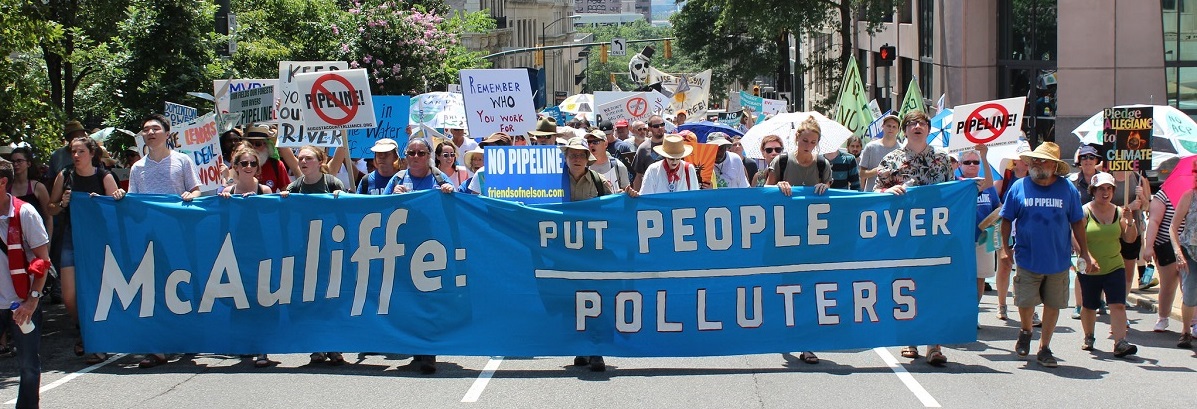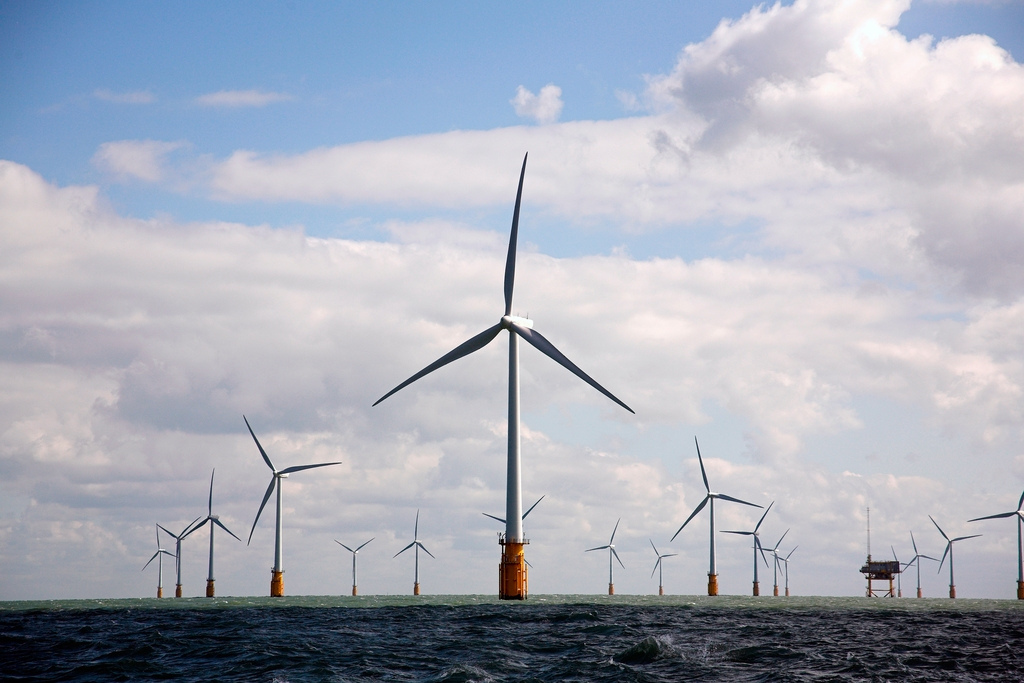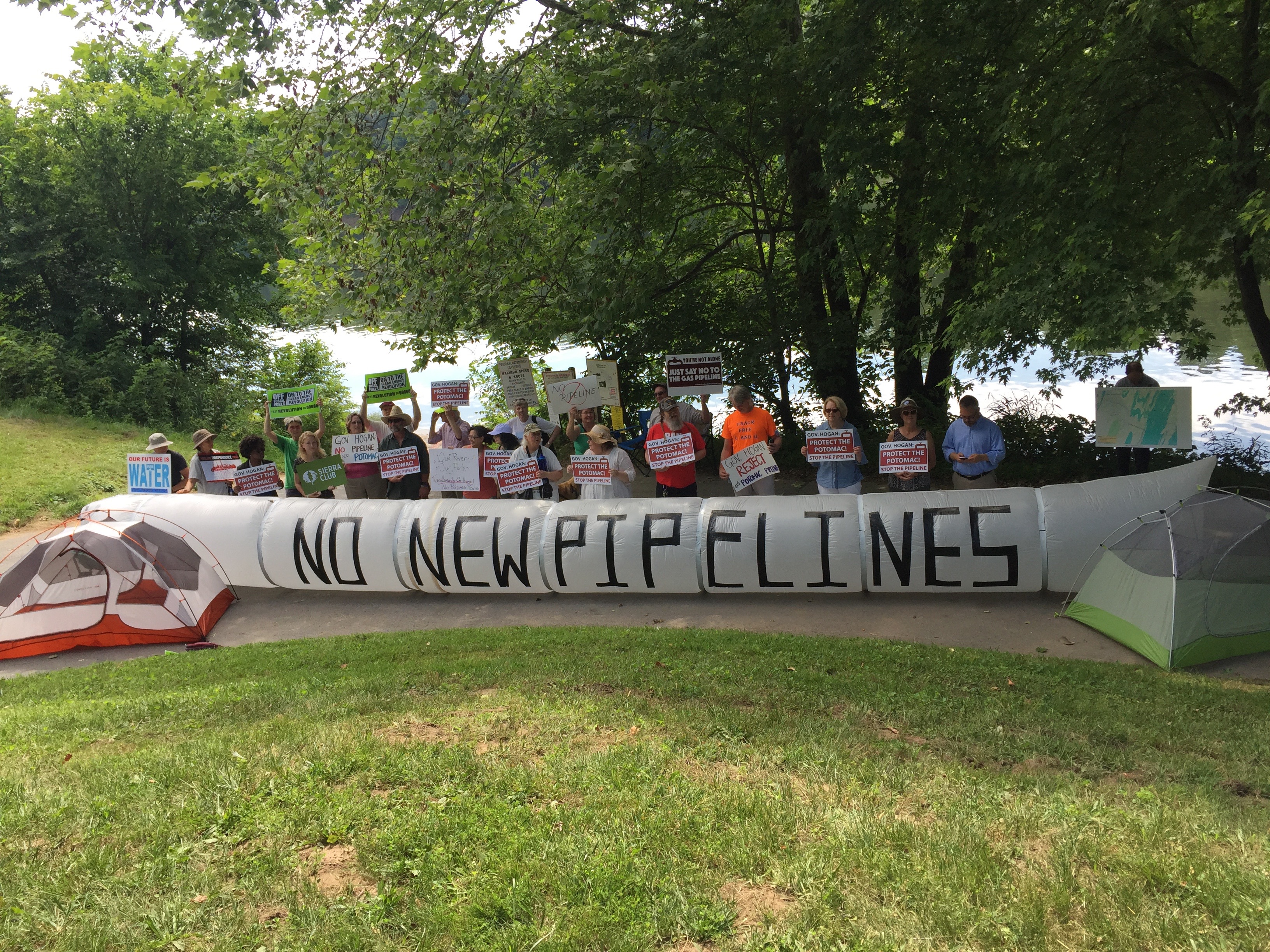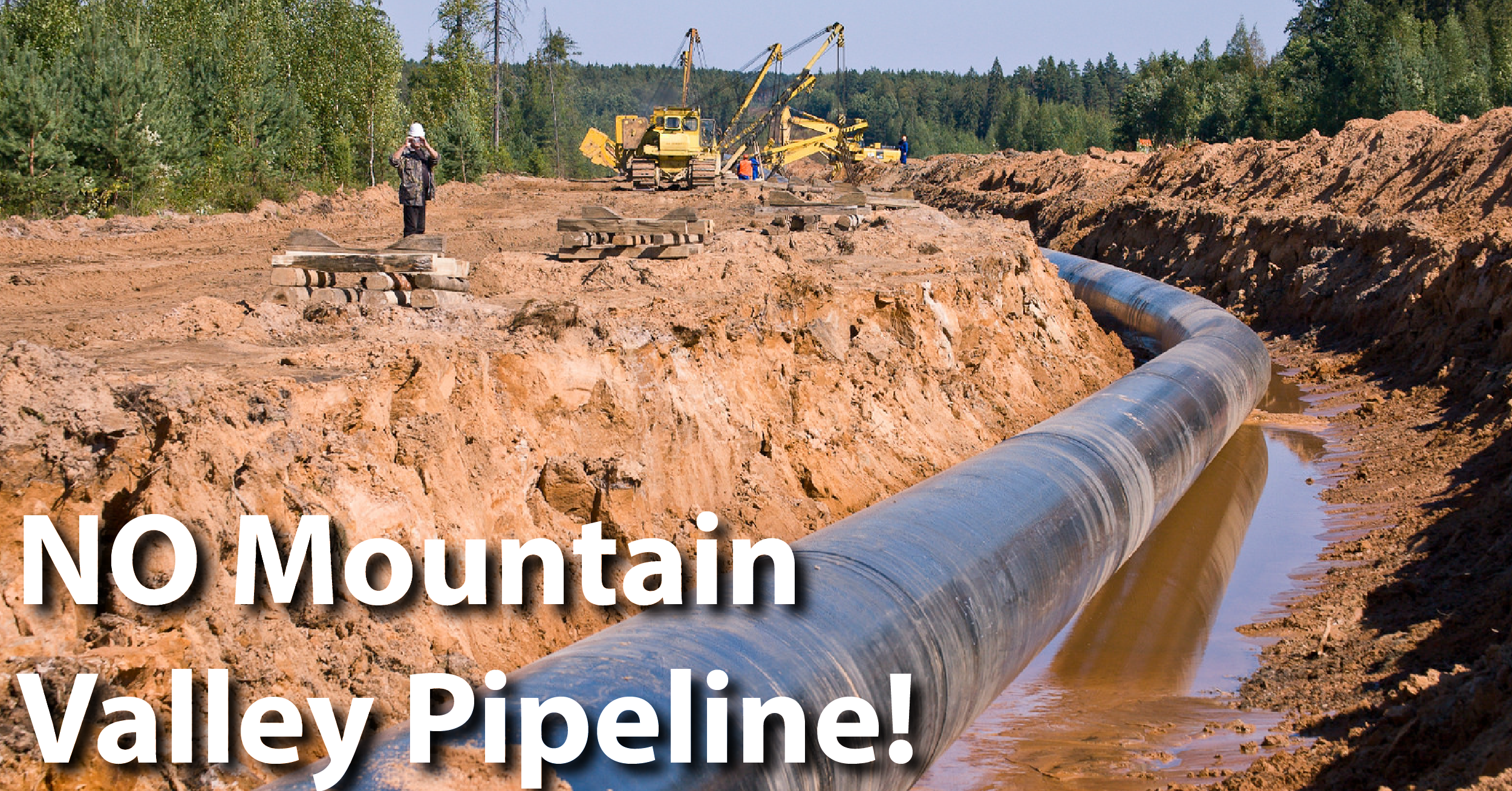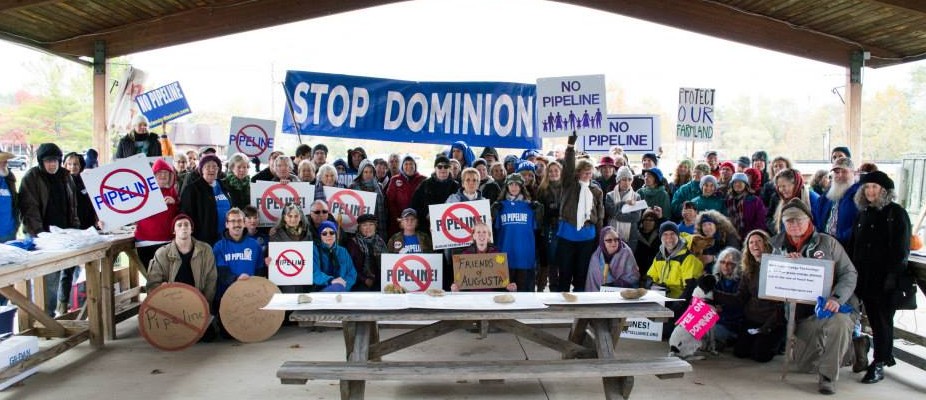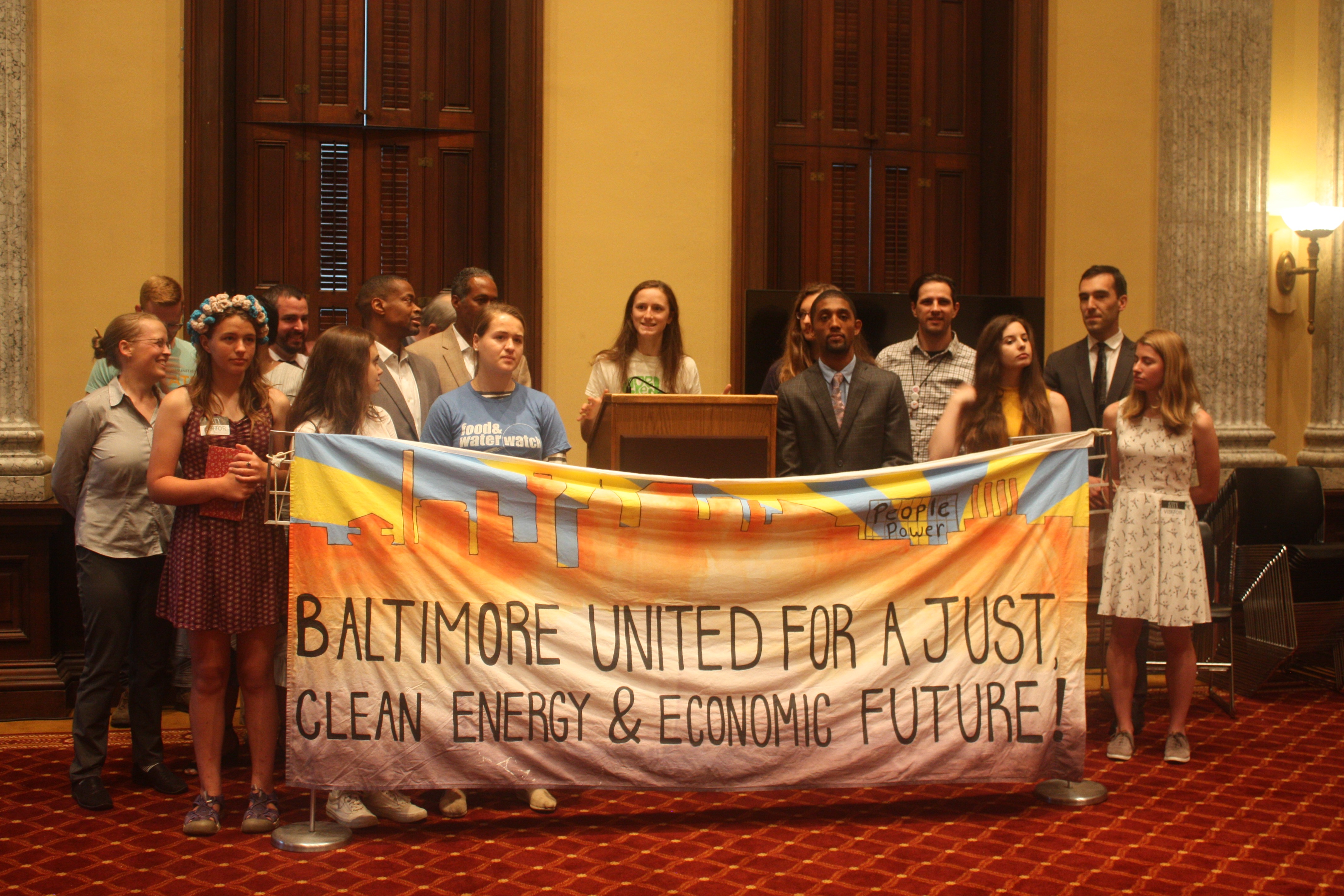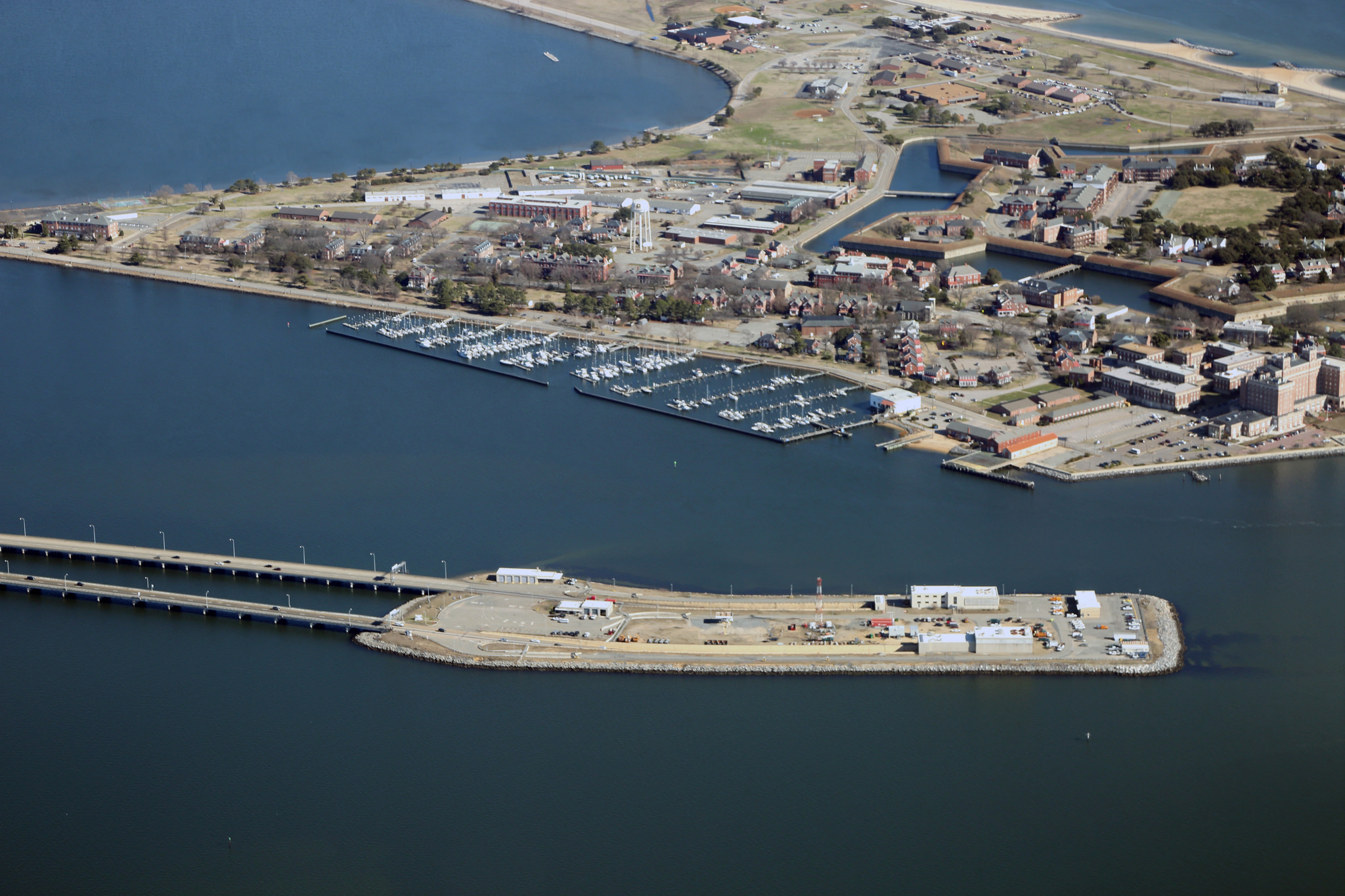As the companies behind the Atlantic Coast Pipeline (ACP) and the Mountain Valley Pipeline (MVP) continue to secure the permits necessary to start construction, the vast social movement that has been built to halt these radical fracked-gas infrastructure projects is rapidly reaching its climax.
Over the past two years, activists, landowners, military veterans, students, Appalachian Trail hikers, indigenous tribes, and others have hammered away at Governor McAuliffe to come out against these pipelines and to direct his Department of Environmental Quality (DEQ) to conduct rigorous site-specific permitting for each stream crossing. This growing coalition is confident that adopting these measures is the best way to show what experts already know: these pipelines are incompatible with the integrity of Virginia’s waterways and environments, and there is absolutely no way they can be constructed in a way that “protects and enhances Virginia’s environment, and promotes the health and well-being of the citizens of the Commonwealth.”
This follows the precedent set out by Governor Cuomo in New York, who used his authority under Section 401 of the Clean Water Act to stop the dangerous Constitution Pipeline in 2014.
The DEQ is now rubber-stamping permits for the ACP and MVP by mostly deferring to a blanket permit issued by the US Army Corps of Engineers, going back on their original promise in April to conduct site-specific reviews.
Things could never be more urgent, as the authority of the Governor to meaningfully protect Virginians from these pipelines reaches a dead end after water permits are granted by the DEQ. Every day the DEQ’s intentions are becoming clearer, with the agency already releasing draft permits for both the ACP and the MVP. For activists, the summer of 2017 represents the peak of our efforts, and we’re ready to do everything we can to get Governor McAuliffe’s DEQ to take action and protect our water. If the DEQ continues down its current course and issues water permits for these projects, the future of these two pipelines will then reside under the authority of President Trump.
We can’t let that happen. The ACP and MVP would strip the rights of property owners, bisect indigenous lands, traverse water basins that provide water for millions of people, and cumulatively create the equivalent annual greenhouse gas emissions of 46 full-time coal-power plants. Now, more than ever, is the time to let Governor McAuliffe and his DEQ hear the sound of Virginians united against fossil fuel infrastructure and for a clean energy future.
Here are THREE ways you can pressure the DEQ this summer to stop the ACP & MVP:
1. Submit a Public Comment to the DEQ
By submitting a public comment to the DEQ (and encouraging all of your social networks to do the same), you are adding to the resounding chorus of Virginians who emphatically demand that Governor McAuliffe and his DEQ do everything in their authority to protect Virginians from the environmental destruction that these pipelines would trigger.
2. Pack the DEQ Public Hearings with your Neighbors
The DEQ has announced five separate public hearings for these pipelines (two for the MVP and three for the ACP), spanning from August 7th to the 14th. Spread the word about these meetings and organize carpools in your community to show the DEQ and Virginians are united on this issue. Be sure to wear a blue shirt and bring a bottle of water collected from your property to participate in water ceremonies at each one of the hearings. If you need help organizing a ride for these hearings, please email Jamshid Bakhtiari (jamshid@chesapeakeclimate.org) for assistance ASAP.
Here’s the list of upcoming hearings — click through to RSVP:
- Monday, August 7, 6:00pm: Harrisonburg, VA
- Tuesday, August 8, 6:00pm: Radford, VA
- Wednesday, August 9, 6:00pm: Chatham, VA
- Thursday, August 10, 6:00pm: Farmville, VA
- Monday, August 14, 6:00pm: Alberta, VA
3. Call Your State Representatives
We need our legislators to stand up for Virginia waterways and communities and tell the DEQ to do the same! We have teamed up with our partners, Appalachian Voices, Bold Alliance and Oil Change International to flood Virginia’s legislators with a series of call-in days. We need you to call your legislator and encourage them to push the DEQ to protect Virginia’s water today!
Those are three things you can do right now. Stay tuned for more from CCAN as we ramp up the pressure.

